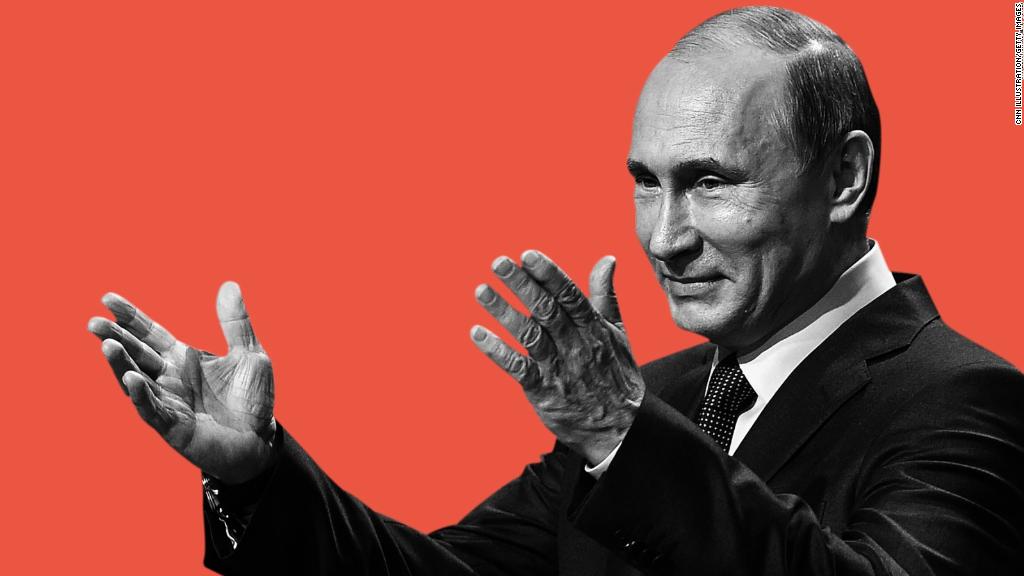
Prime Minister Theresa May is striking back at Russia after concluding that it was responsible for a nerve agent attack on former double agent Sergei Skripal.
But she's done her best to minimize potential damage to the fragile UK economy.
May told parliament on Wednesday that she was expelling 23 Russian diplomats, and suspending high level contacts with Moscow. She said the UK would freeze Russian state assets if they were used to threaten UK nationals or residents.
Yet she avoided moves that are likely to harm British industries -- autos, banks and energy -- that do lots of business with Russia. She did not announce plans to pursue broad economic sanctions, or target wealthy Russians living in Britain.
There were "lots of things May could have done, but in the end this was very moderate in the specifics detailed, and somewhat vague, which may have been the intention," said Timothy Ash, a senior sovereign strategist at BlueBay Asset Management.
With just a year to go before Brexit, the British economy is struggling with weak growth. The UK's trading relationship with Russia is small compared to other countries such as Germany and the US, but it's not insignificant.
Trade between the UK and Russia is worth £10 billion ($14 billion) a year, according to data from the UK Office for National Statistics. About 1% of UK exports go to Russia.
Britain sells cars, manufactured goods, machinery and chemical products to Russia. It's also a critical provider of services, with British financial, IT and consulting industries bringing in billions each year from Russian sources.
Related: UK to expel 23 Russian diplomats over spy poisoning
The UK has in recent decades also served as a magnet for wealthy Russians and the businesses they run. A huge number of Russians own property in London, and many also have their money managed in the country.
"I'd say the bulk of Russian wealth goes through London in one way or another," said Ash. London is "the business city of choice for Russian capital."
The London Stock Exchange is home to 99 companies that are based in Russia or other former Soviet countries. EN+, an aluminum and power producer, became the latest major Russian firm to list in London in November.

Russia plays an important role in providing energy to the UK, including petroleum and coal.
Less than 1% of gas used in Britain comes from Russia, according to the UK government's energy department. But the Financial Times reports that half of the shipments of liquified natural gas to the country so far this year came from Russia.
British oil giant BP (BP) also has major ties to Russia. The company owns a 20% stake in the Russian energy firm Rosneft, making it a prime target for potential retaliation.
Investors will be watching to see how Russian President Vladimir Putin responds in the coming weeks.
"Moscow likely will make a lot of noise about how outraged they are by all this, and will undertake a tit-for-tat move to expel 23 diplomats," said Ash. "But [it's] likely Moscow will be relieved that this could have been a lot worse."
--CNN's Ivana Kottasova and Charles Riley contributed to this report.
